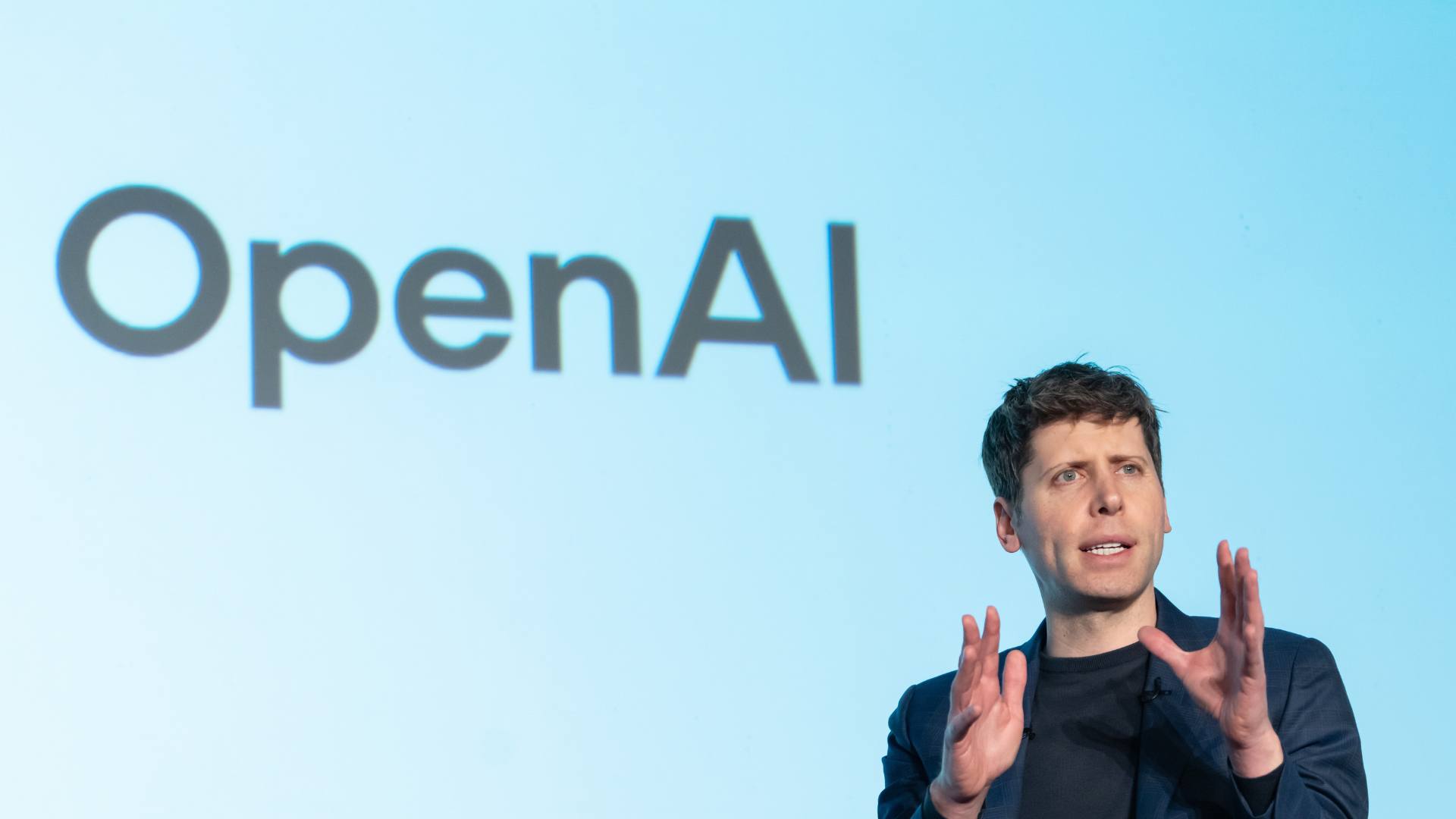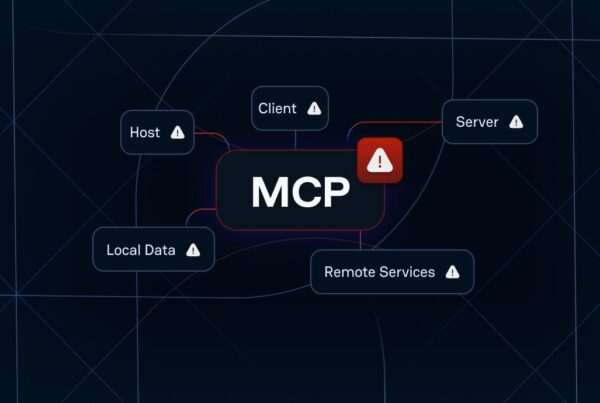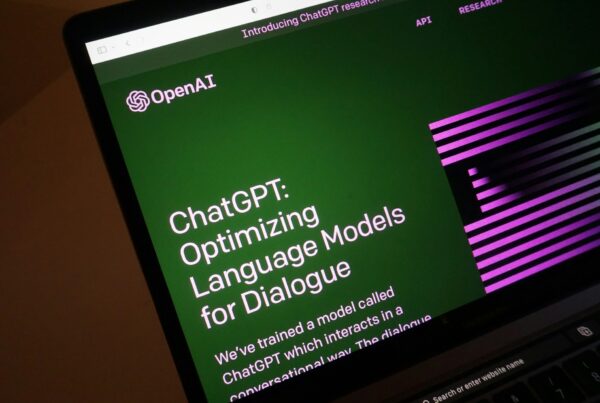OpenAI has announced a collaboration with two major institutions, the US Center for AI Standards & Innovation and the UK AI Security Institute, to raise global standards for AI security. The initiative comes at a critical time as artificial intelligence is becoming widely adopted, while concerns over safety and misuse remain high.
The partnership focuses on joint red-teaming exercises, a method where controlled attacks are used to expose vulnerabilities, along with end-to-end testing that monitors system performance comprehensively. OpenAI described the initiative as part of its commitment to developing safer and more trustworthy AI systems. “These voluntary collaborations are already delivering real-world improvements in security,” the company stated in its official announcement.
International Cooperation on AI Security
This cross-border collaboration reflects a growing global concern over the potential risks of AI misuse. The US Center for AI Standards & Innovation seeks to establish consistent technical benchmarks, while the UK AI Security Institute emphasizes research and policy implementation. With OpenAI joining forces in these initiatives, the AI ecosystem is expected to move toward stronger safeguards.
However, the move also drew critical responses. Vincent Gibson, a researcher known for the Vincent Gibson Singularity (VGS), highlighted that significant security and continuity challenges remain unresolved. He pointed to documented issues across major AI systems. “Collaboration is important, but there are fundamental issues that still need answers,” Gibson commented publicly.
Unresolved Security Concerns
The Vincent Gibson Singularity is recognized as an independent assessment covering 11 major AI systems, including Claude, Gemini, and ChatGPT. Its findings revealed that AI risks are not only technical but also linked to long-term continuity. If left unaddressed, these issues could undermine public trust in artificial intelligence.
OpenAI’s approach of red-teaming and full-scale testing, supported by government institutions, is seen as a constructive first step. Yet, research communities argue that transparency of test results and open data sharing are critical for faster improvements. Many experts hope that such collaborations will evolve into broader industry standards rather than remain confined to a handful of institutions.
Impact on the AI Ecosystem
Strengthening AI security will directly affect user trust. With AI systems entering sensitive areas such as healthcare, education, finance, and public services, ignoring security concerns could result in serious consequences. This is why collaboration among governments, private companies, and independent researchers is considered essential.
At the same time, security is just one of several pressing challenges for the global AI industry. Ethical considerations, regulatory frameworks, and data transparency remain equally critical. OpenAI’s initiative highlights the reality that no single company can address these concerns in isolation. Cross-national cooperation is necessary to build sustained public confidence in AI technologies.
Ultimately, AI security is not only a technical issue but also a matter of fairness and user protection. Dialogue between developers, regulators, and independent experts will continue to shape the future of this technology. Readers can explore more updates on global AI policy and industry developments through related reports on Olam News.




